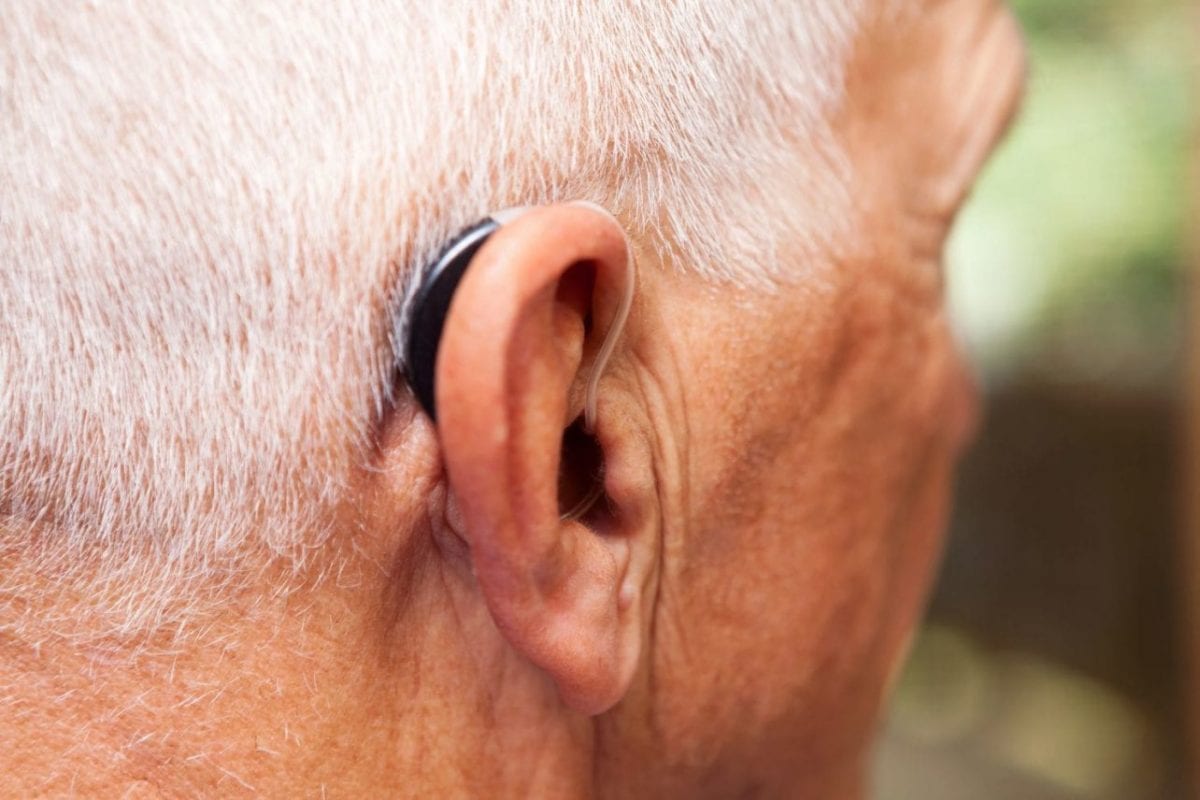There is a large portion of the population that suffers from the potential symptoms of hearing loss but won’t approach their Audiologist for professional help for a multitude of reasons. This, in turn, increases the risk of developing a more severe form of hearing loss deficiency when they avoid wearing hearing aids.
The reason for people not seeking professional help or willing to wear a physical hearing aid device can be classified into various categories – personal and general misconceptions about external hearing aids. However, the end result remains constant – increasing the risk of developing a more serious form of hearing loss.
Why people are skeptical of wearing hearing aids
The most common, and also a rather nonsensical aspect of why people stay away from using hearing aids is due to the fear of admitting that they have a hearing deficiency (but you can do a Free Online hearing test to avoid this initial fear). Wearing physical hearing aids comes in the way of “hiding” you inadequate hearing capacity as it becomes too obvious. The feeling of being treated “inferior” or mocked due to the limited hearing power is a relevant factor (in fact, the most commonly cited reason).
The bulky size of the traditional hearing aid devices also plays a crucial role in such cases. However, with the latest bleeding-edge technology in the hearing aid market, the size of the hearing aids has shrunk down to the bare minimum, up to a point where they are physically invisible from the outside perspective. Hearing aid devices such as Invisible-In-The-Canal (IIC) provide this identical feature. This enables you to wear your physical hearing aid devices without the fear of any detection, and more importantly, increases your hearing capacity as well.
Another crucial factor that plays a key role in limiting the usage of hearing aids is related to the general misconceptions of such equipment. Most people think or at least think that these hearing aid devices are supposed to restore their ear’s hearing ability. Whereas, in reality, this is not the case. Hearing aid devices are designed for “improving” or enhancing your hearing ability, and not for restoring it. Your ears won’t miraculously heal up after using hearings aids; instead, they amplify the sound from the receiver and enables you to hear more clearly. So, technically, it does not repair your ear’s internal functionality, but it enhances your ability to hear clearly when others are talking to you.
Pricing is also one of the factors that play a crucial role in preventing people from utilizing the benefits of hearing aids. Most of the hearing aid products available on the market are considerably expensive, making them a hard bargain. However, you can also maneuver past this factor by checking out various hearing aid reviews online and comparing the prices online. It is not as hard as one envisions to purchase a good hearing aid device at a budget price nowadays.
Why you should wear proper hearing aid device
Irrespective of what reason (s) you may cite for avoiding the usage of a proper hearing aid device or seeking professional assistance, the end result for such an undertaking has some serious consequences. An extensive study was conducted on more than 120,000 people in several major countries such as Switzerland, Italy, United States, France, and the UK suffering from potential hearing loss disabilities. This study was conducted to analyze the effect of implementing a proper hearing aid device amongst those sound challenging individuals. The result was significantly positive as eight out of every ten participants claimed they experienced a better and improved lifestyle, increased productivity in their workplace, and, most importantly, a sense of improved safety assurance and reduced dependency on others.
Another one of the primary reasons why you should consider getting an external hearing aid device is because they can reduce several keys and annoying symptoms of hearing loss, such as the constant ringing phenomenon in your ears, aka Tinnitus. This particular ringing occurrence in your ear can cause irritation and, most importantly, ear strain, which will ultimately deteriorate its hearing power even further as well.








